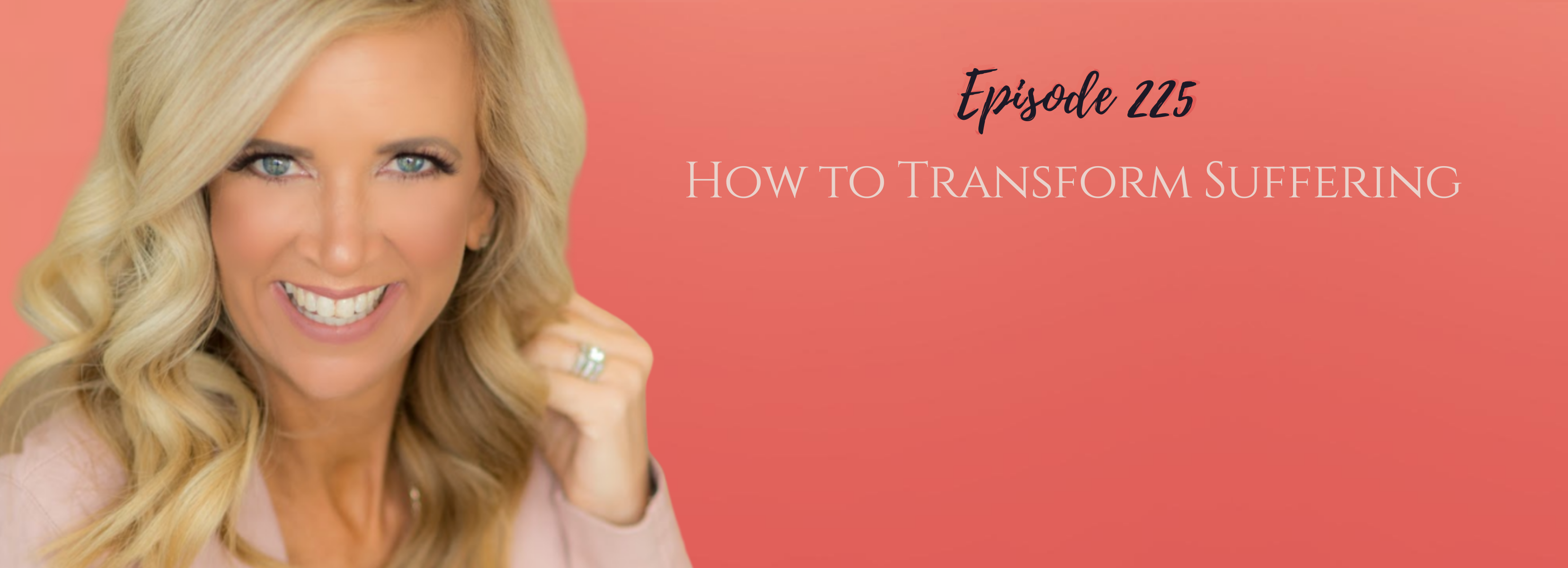
How to transform suffering with Tim Desmond, LMFT| 8.9.2023
In this episode, Kristen talks with Tim Desmond, a psychotherapist, and best-selling author, about the profound concept of transforming suffering through self-compassion. They delve into the power of embracing pain with love while also cultivating joy in life.
You'll Learn
-
The transformative power of self-compassion in healing suffering and emotional pain.
-
Practical techniques for embracing your pain with love and understanding.
-
How to cultivate joy and gratitude in your life, even amidst challenging circumstances.
-
The impact of social media on self-worth and strategies for navigating unrealistic beauty standards.
-
Actionable steps to develop a stronger sense of self-acceptance and find peace in your journey of healing.
Resources
For counseling services near Indianapolis, IN, visit www.pathwaystohealingcounseling.com.
Subscribe and Get a free 5-day journal at www.kristendboice.com/freeresources to begin closing the chapter on what doesn’t serve you and open the door to the real you.
Subscribe to the Close the Chapter YouTube Channel
This information is being provided to you for educational and informational purposes only. It is being provided to you to educate you about ideas on stress management and as a self-help tool for your own use. It is not psychotherapy/counseling in any form.